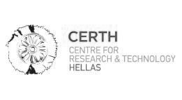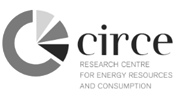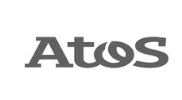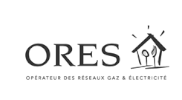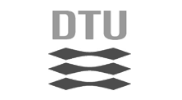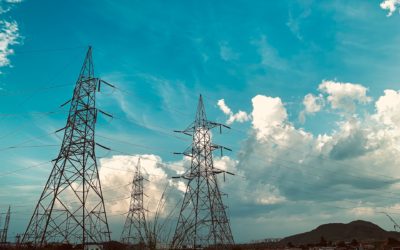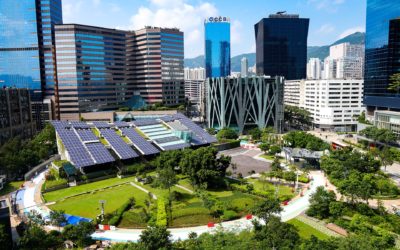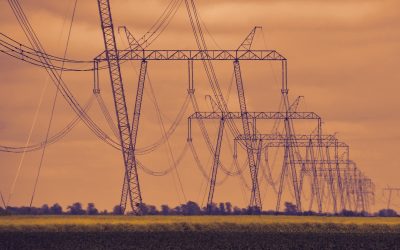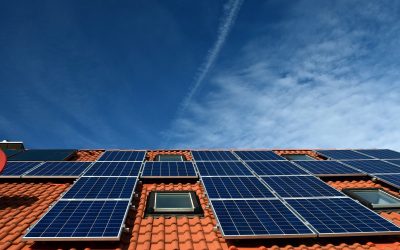CARTIF PROJECTS
INTERPRETER
Transition towards a low-carbon economy
Description
The transition towards a low-carbon economy is significantly transforming the power system from a unidirectional, centralised and fossil-based system towards a bidirectional, distributed and renewable-based one. DSOs and TSOs are facing more complex grid operations and available tools for grid management have often underperformed for several reasons. INTERPRETER will overcome these limitations by means of a modular grid management solution consisting of a set of 10 software applications for an optimal design, planning, operation and maintenance of the electricity grid. These will be offered to grid operators through an open-source interoperable platform.
Objectives
- To complete existing information about distribution networks with a tool able to generate new grid models from different available sources.
- To increase the efficiency of the grid management, including both operation and maintenance, to improve the sustainability and reduce costs in the electricity design and planning through ten of innovative, interoperable and modular software applications.
Actions
- Development of low voltage networks modelling tool.
- Development of software applications for efficient operation and maintenance of the network.
- Development of software applications for efficient planning.
- Integration of the modelling tool and software applications into a common framework and existing platforms.
- Testing and validation of previous developments.
Expected results
- Software tool for low voltage networks modelling.
- 5 software applications for efficient operation and maintenance of the network.
- 5 software applications for efficient network planning.
- Modelling tool and software applications integrated into a common framework and existing platforms.
Partners
H2020
Grant Agreement Nº 864360

Total budget: 3.907.872,50 €
EC contribution: 3.907.872,50 €
Duration: 1/10/2019 – 30/09/2022

Responsible
Mª Ángeles Gallego
Energy Division
Networking
Smart grid projects:
iAMP_Hydro
iAMP-Hydro aims at improving the operation of existing hydropower plants (HPP) through the development of digital solutions which will be integrated into an intelligent Asset Management Platform (iAMP)
D-HYDROFLEX
D-HYFROFLEX seeks research into technological innovations in hydropower plants in search of improved efficiency and sustainability and hydropower competitiveness in modern electricity markets. The project will develop tools for the digital renovation of existing hydroelectric plants based on sensors, digital twins, artificial intelligence, hydrolyser modelling and image processing.
SINNOGENES
SINNOGENES project aims to develop the Storage INNOvations (SINNO) energy toolkit, a complete framework of methodologies, tools and technologies that will enable the grid integration of innovative storage solutions beyond the state-of-the-art, while demonstrating sustainability, technical performance, lifetime, nondependency on location geogrpahical particularities and cost.
PISTIS
PISTIS brings forward a reference federated data sharing/trading and monetisation platform for secure, trusted and controlled exchange and usage of proprietary data assets and data-driven intelligence.
CERFLEX
CERFlex project consist on research in development and TIC solutions implementation moods that help to the deployment in a new concept of energy communities, especially focus on rural environment, facilitating a decentralized management of the energy interchange, the maximum utilisation of the renewable resources and a sustainable consume of the available resources.
AGISTIN
AGISTIN will enable industrial users to rapidly deploy renewable energy through advanced integration of innovative energy storage technologies. The rapid decarbonisation of industry through electrification, the growth of renewables and the need for grid stability represents a unique opportunity for new forms of storage and schemes for grid integration.
ADCONTROL
ADCONTROL is a project that focuses on implementing asset monitoring and control architectures to manage the comfort of dwellings that are part of condominiums or neighbourhoods.
GEDERA
GEDERA is a research project whose objective is the study and development of a multi-agent architecture that allows the development of applications for the smart grid, focusing the project on the management of flexibility in buildings.
EVPLAN
EVPLAN looks for developing tools that use as strategic decision making base that benefit users and future consumers of the electric vehicle
TIGON
The proliferation of renewable energies and the electric charges that operates with continuous current originates a growing interest in electric grids that operates with continuous current. This is due to the higher efficiency, security, flexibility and feasability that grids have than those ones that operates with alternate current.
MUSEGRIDS
The MUSE GRIDS project wants to contribute to the development of interconnected local energy network management systems to make better use of the synergies between these networks.
TALENT
The TALENT project aims to increase the flexibility of the electrical system by reducing the cost associated with the integration of batteries in the electrical network.
SocialRES
The SocialRES project seeks to increase scientific knowledge about the non-technological aspects that prevent the adoption of social energy alternatives such as cooperatives, aggregators or crowdfunding platforms.
OptiGrid
The objective of the Optigrid project is the research and development of concepts and services that allow greater flexibility in electricity generation and demand.
LIFE NEXUS
Urban water networks could became a source of renewable energy. Energy harvest in water industry using micro-hydropower technology.
HPCONGRID
HPC Ongrid project collaborates with Siemens Gamesa Renewable Energy (SGRE) in the develop and programming of different components of a hybrid generation plant controller.
